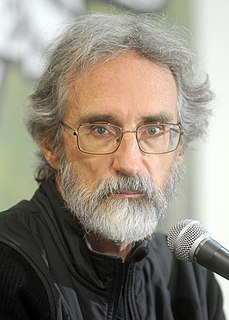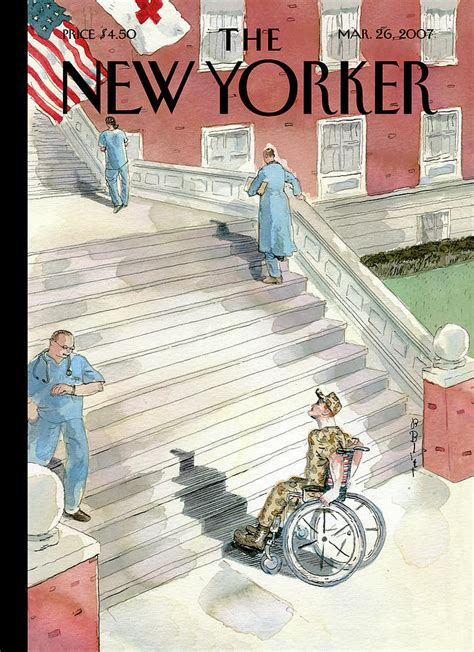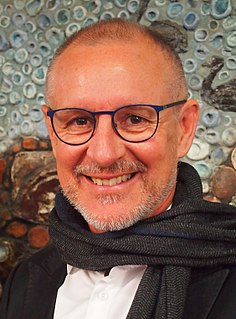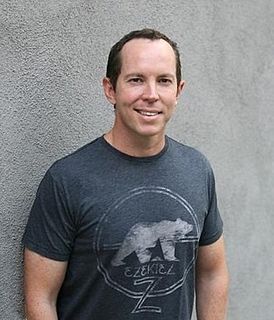A Quote by Ellen Goodman
When we describe what the other person is really like, I suppose we often picture what we want. We look through the prism of our need.
Related Quotes
I have always looked at the world through the prism of money to some degree. If you could follow the money, it explains a lot of things, in all sorts of aspects of the world. You can look at politics through the prism of money. You can look at art through the prism of money. You can look at sports through the prism of money.
When I'm online and I see a picture I want to draw of anybody or anything, a unique angle of them or just something that looks very drawable, I slide it to my desktop and put it in a folder. It just seems like every picture of Trump is a revelation. Any angle. I didn't know a person could look like that. His facial expressions - he really is a cartoon. He's like an instruction manual of how to caricature someone.
What we see in the outer is but a reflection of the inner, because we surround ourselves with a picture of our own beliefs. In other words, we manifest in general what we seriously think and believe. So if we want to find out what our habitual thinking is like, we have but to look around us and ask ourselves what we really see.
I just really like writing and making television shows. There are ego rewards in doing battle with other television programs in prime time in the main season. I suppose there are times when I might look at that and think that's the major league. But when you look at it, ultimately would I really want to gamble my livelihood and my ability to connect with my fan base or write a show that I really like writing, or in some cases direct a show that I really like directing, for the sake of winning an ego battle? It's totally not worth it. That stuff is so ephemeral.
Human sexuality includes more than hormones, organs, and orgasms; it runs through the psychic and spiritual ranges of our lives. We experience our sexuality on the spiritual level as a yearning for another person. We want to reach out and stretch ourselves into the depths of another. We want to bring the other person into the orbit of our deepest selves. We want to probe into the mystery of the other.
The script is a starting point, not a fixed highway. I must look through the camera to see if what I've written on the page is right or not. In the script, you describe imagined scenes, but it's all suspended in mid-air. Often, an actor viewed against a wall or a landscape, or seen through a window, is much more eloquent than the lines you've given him. So then you take out the lines. This happens often to me and I end up saying what I want with a movement or a gesture.

































